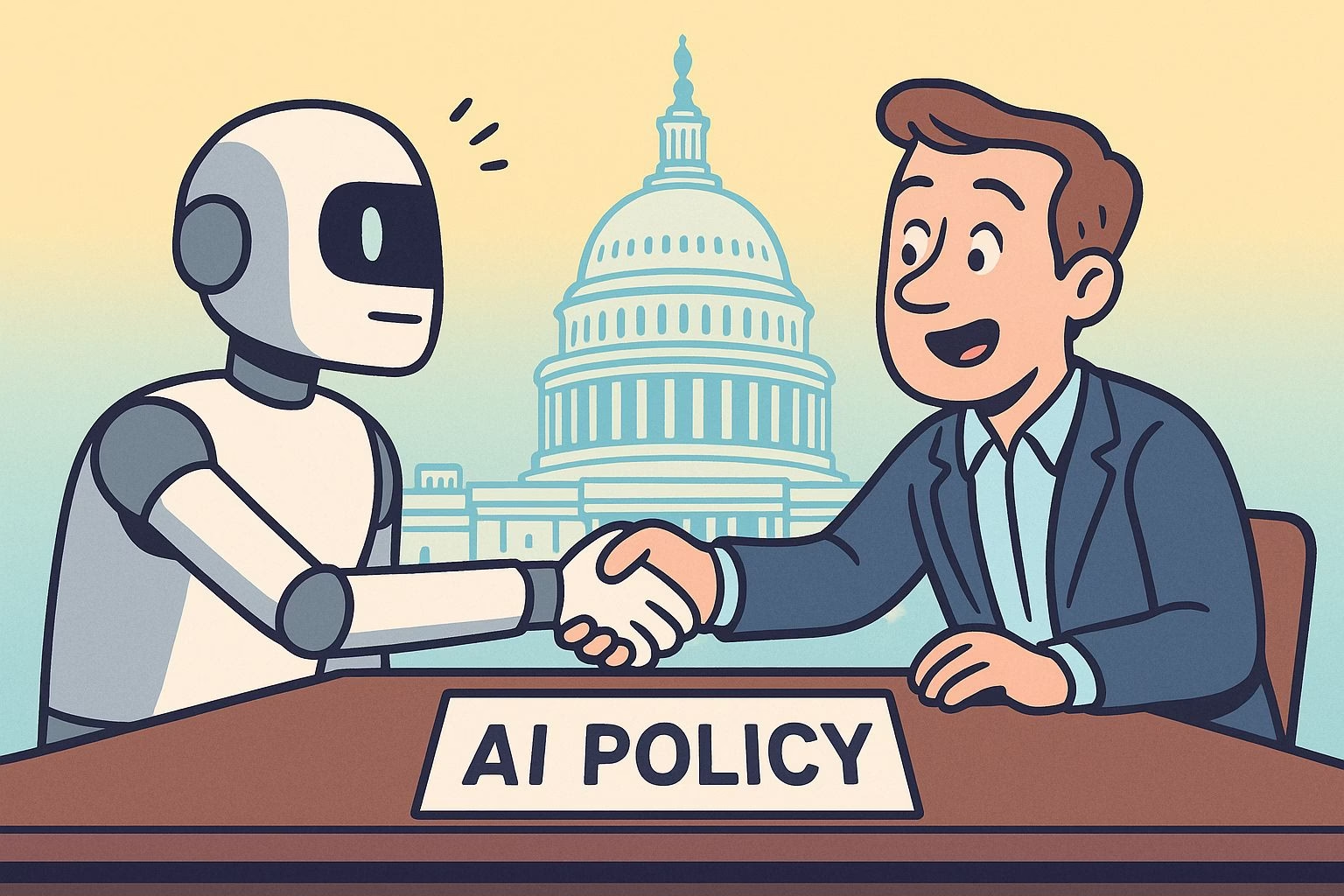I’ve watched the Big Beautiful Bill ignite fierce debate by freezing state-level AI laws for ten years. I worry it could leave us without local safeguards just as AI shapes more of our lives.
Major tech companies back the proposal, while advocates warn it strips away critical protections we’ve only just started to build.
I see AI systems influencing decisions in healthcare, finance, and elections every day.
States like California and Illinois have led with transparency reports and bias audits. Suspending those efforts right now feels reckless when technology is racing ahead of legislation.
I’m laying out what this bill means for all of us. I’ll explain how it rewrites the regulatory map, why big players support it, and the steps you and I can take to stay prepared.

What the “Big Beautiful Bill” Proposes
I read the bill’s text and discovered it bars any state from creating or enforcing AI rules for a full decade. That ban covers fairness mandates, data-privacy laws, incident reporting requirements, and consumer protections.
If a state has already passed a law, the proposal could undo it.
Supporters argue that a single federal standard would prevent confusing, conflicting rules in fifty states.
They say startups and small businesses would breathe easier without juggling dozens of codes. A uniform approach, they insist, would boost national competitiveness.
I push back on that logic. Centralization often benefits large corporations with deep legal teams. In my view, states act as policy laboratories—testing and refining ideas before the nation adopts them.
Eliminating that process could stall meaningful progress on AI safety.
Why Major Tech Companies Support the Bill
I’ve noticed Google, Meta, Microsoft, and Amazon all lining up behind this provision. They want consistent rules so they can roll out new AI features without pausing for state-by-state compliance checks.
Their legal teams must be delighted by the simplicity.
I understand their drive: uniformity slashes compliance costs and accelerates deployment. They won’t need to rewrite policies or hold back product launches until each jurisdiction signs off.
That frees up resources for further R&D, which fuels their bottom lines.
I also recognize valid concerns. Smaller organizations lack the lobbying power to shape federal regulations. In my opinion, they deserve a seat at the table before Congress hands over a decade-long shield against accountability.
What Is at Stake for Society
I feel the weight of AI’s reach every time an algorithm decides who gets a loan or a job interview. Removing state oversight could leave individuals with nowhere to turn when systems make biased or harmful decisions.
Trust in technology and institutions may erode.
I recall stories of chatbots giving unsafe medical advice and hiring tools filtering out qualified candidates.
States have begun requiring transparency, bias mitigation, and incident reporting to address these risks. Halting those efforts raises the stakes for everyone.
I hear supporters argue that federal action will eventually cover privacy, fairness, and accountability more comprehensively. I worry that “eventually” might come too late for those already harmed in the interim.
How Businesses and Communities Can Prepare
I advise organizations to track federal proposals closely and stay agile.
Even if states can’t mandate laws, consumer expectations won’t pause. I recommend building internal transparency and audit processes now to maintain trust.
I encourage companies to engage in policy discussions by submitting comments to agencies or joining industry coalitions. I know smaller firms must make their voices heard early, or risk being sidelined when rules take shape.
I believe community groups can educate the public about AI risks and push for ethical guidelines.
I’ve seen coalitions across sectors amplify calls for balanced oversight that protects rights without hampering innovation.
The Future of AI Oversight
I believe a hybrid model offers the best path forward. I support core federal principles on privacy, fairness, and accountability combined with state-level pilots.
This approach leverages local insights while ensuring nationwide cohesion.
I think federal law should establish guardrails, while states test targeted measures in schools, healthcare, or elections. I’ve seen state experiments inform more effective national policies.
I’ll be watching Congress decide between a one-size-fits-all freeze or a nuanced approach. Whatever they choose, I’ll stay ready to adapt, advocate, and help shape frameworks that balance innovation with responsibility.
